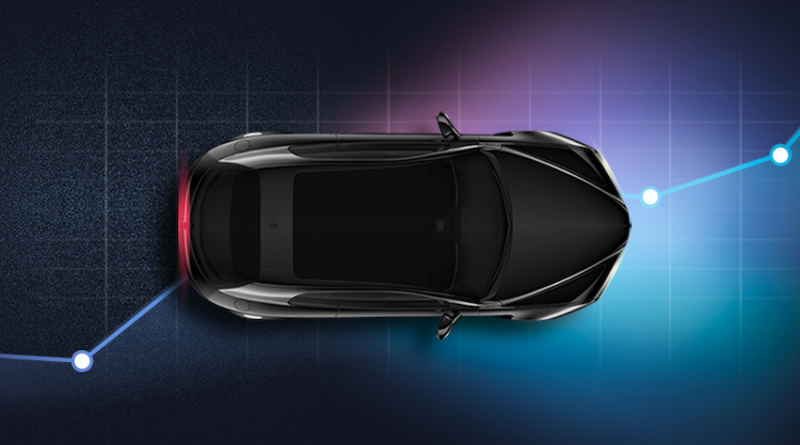Almost half of consumers unaware of full range of benefits from an EV
A new study has found that almost half of consumers aren’t aware of the full range of benefits associated with switching to an electric vehicle.
The global study, conducted by media platform Teads in association with Kantar, ran across eight countries, featuring responses from 1,900 automotive consumers, to unveil consumer trends driving EV purchases.
It found that only a few brands are already strongly associated with electric vehicles (EVs) and that there is still education needed as 42% of all respondents aren’t aware of the full benefits of an EV car.
A supplementary survey on the Teads platform amongst auto-intenders, specifically about impact of chip shortages on consumer purchases, showed that supply issues are seriously affecting purchase decisions. 89% of consumers looking to buy a car in the next two years, as well as those looking to buy a car in the next six months, are aware of the existence of a chip shortage. 31% say the chip shortage will affect their plans to buy a car, specifically 14% of immediate auto intenders globally will consider used cars, 9% will choose from available brands and 8% will delay their car buy, that number being 5% among Europeans.
Customers also expect price reductions for longer waiting time, with 31% of global customers expecting such price reductions if they hold off on their new car purchase, increasing to 34% among European auto intenders.
Teads’ latest research shows that consumers are increasingly relying on digital across their purchase journey and this is even more true for EV intenders. Half of EV consumers would consider going through the entire purchasing process online (vs 35% for fuel intenders), and 74% of them will continue this trend post-covid.
It also found that 90% of consumers interested in purchasing an Electric Vehicle, and 85% of overall car buyers, took action as a result of online advertising. The research from Teads found that visiting an automotive brands website was the most likely action (40%) a consumer took after seeing an online auto ad with a further 21% stating they would click on the ad.
A brand’s website is also a key touchpoint in the purchase journey as 49 % of EV intenders in EMEA start their research by visiting the brand’s website, compared to only 28% that visit a dealer. Brand websites are also the most influential sources of purchase decisions with 80% of EV intenders saying that the website has an impact on their final decision.
Auto intenders can be reached in a variety of contexts, with news and tech being the two most popular types of content before automotive. Furthermore, technological advances should feature highly in EV campaigns as those interested in EV’s value the latest technology (76%) more compared to those looking for standard fuel cars (56%).
Ioanna Stagia, VP of international insights at Teads, said: “Our research shows a significant consumer shift towards more eco-conscious attitudes when it comes to car buying. What is also clear is that online channels are becoming increasingly important in driving the consumer journey, from awareness through to purchase. In order to maximise success, from the difficult times automakers have had, they must plan their 2022 campaigns accordingly to leverage these two key insights.”
Henner Bloemer, global senior industry director at Teads, added: “It is important to further build out the brand’s EV profile as brand reputation is key for EV intenders. Established brands have to stay attractive for highly profitable customers in order to grow in an evolving market with new competitor entries, as 57% of EV intenders are willing to pay more for an EV car.”






